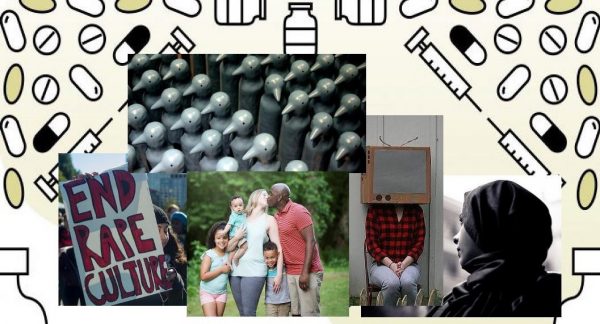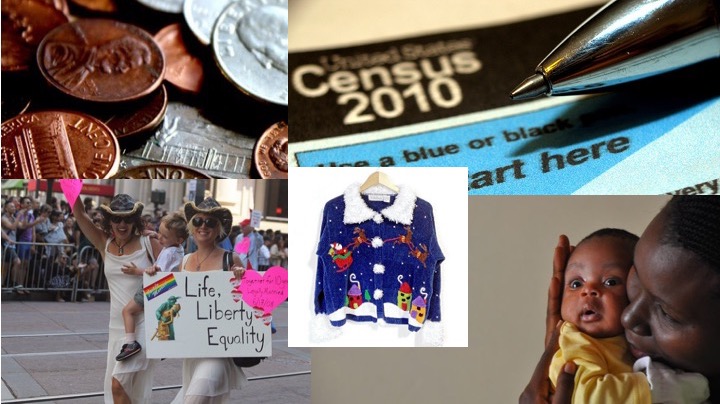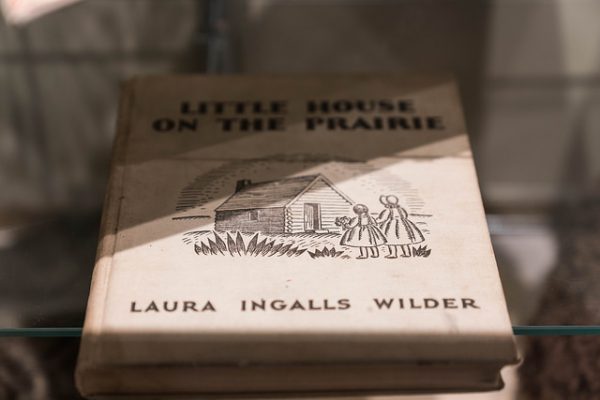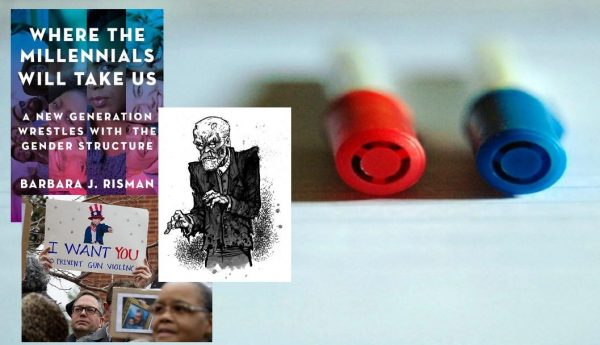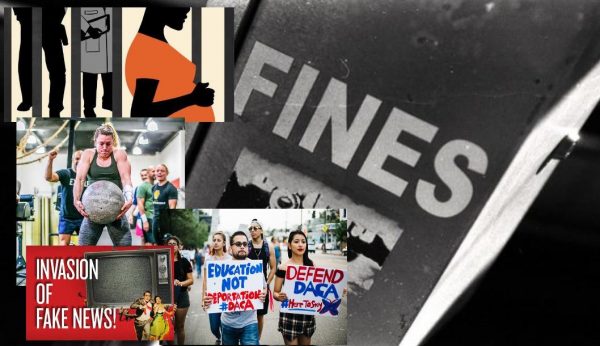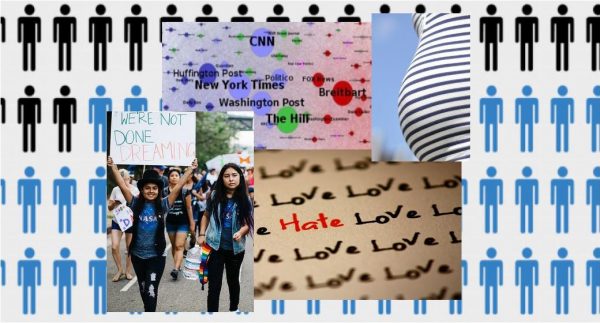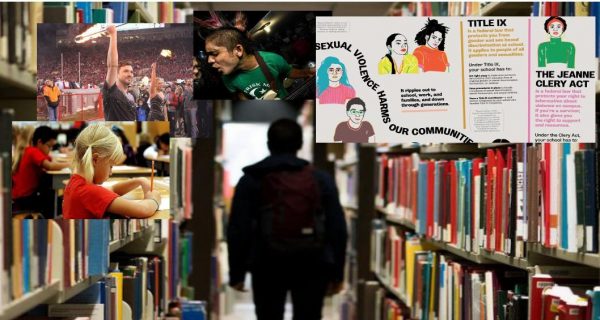It’s all fun and games until….someone brings up politics at the Olympics. Sorry! But if you’ve had enough of politics, we’ve also got social science on why learning a new language is beneficial, different conceptions of race in the Americas, and gentrification.
There’s Research on That!:
“Political Games at the Olympics,” by Brooke Chambers and Doug Hartmann. Here’s some sociological work on political effects of the Olympic Games.
“Learn a Language, Change the World,” by Isabel Arriagada. Turns out there are some great sociological reasons to learn a new language.
“Conceptions of Race in the Americas,” by Lucas Lynch. In this piece, we compile social science research on how race shapes social life in the Americas.
Discoveries:
“School Choice Policies Drive Gentrification,” by Jean Marie DeOrnellas. New research in Sociology of Education finds that school choice policies contribute to gentrification.
Clippings:
“Redlining Then, Gentrification Now,” by Jasmine Syed. NPR talks to John Schlichtman about the negative consequences of gentrification and how to counteract them.
“Is Probation the Solution to High Conviction Rates?” by Nahrissa Rush. PBS asks Michelle Phelps to weigh in on probation as a solution to high rates of felony convictions.
From Our Partners:
Council on Contemporary Families:
“Talk with Xavier Guadalupe-Diaz on IPV in Transgender Communities,” by Tasia Clemons.
Social Studies MN:
“A New Look at Nuclear Negotiations,” by Evan Stewart.
And a Few from the Community Pages:
- Center for Holocaust and Genocide Studies reflects on troubling pasts in Ukraine and Minnesota.
- Cyborgology considers the ethics of engineers.
- Dispatches from a Dean reviews Carvell Wallace’s review of Black Panther.



